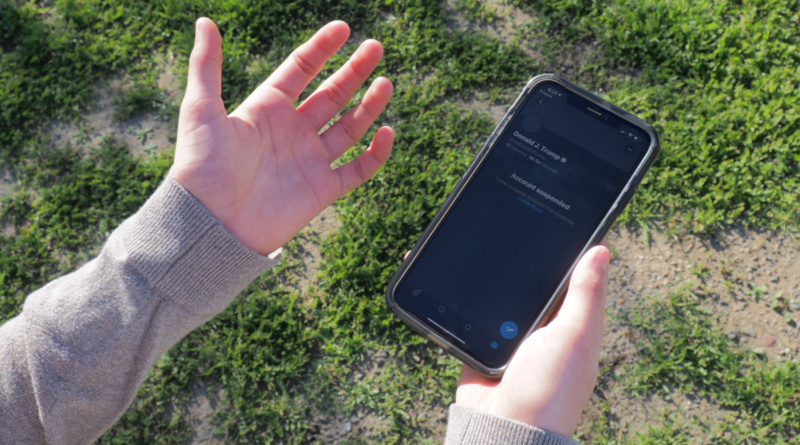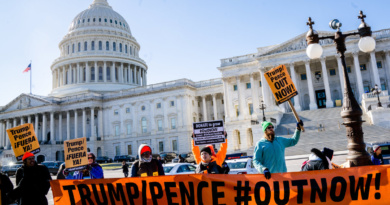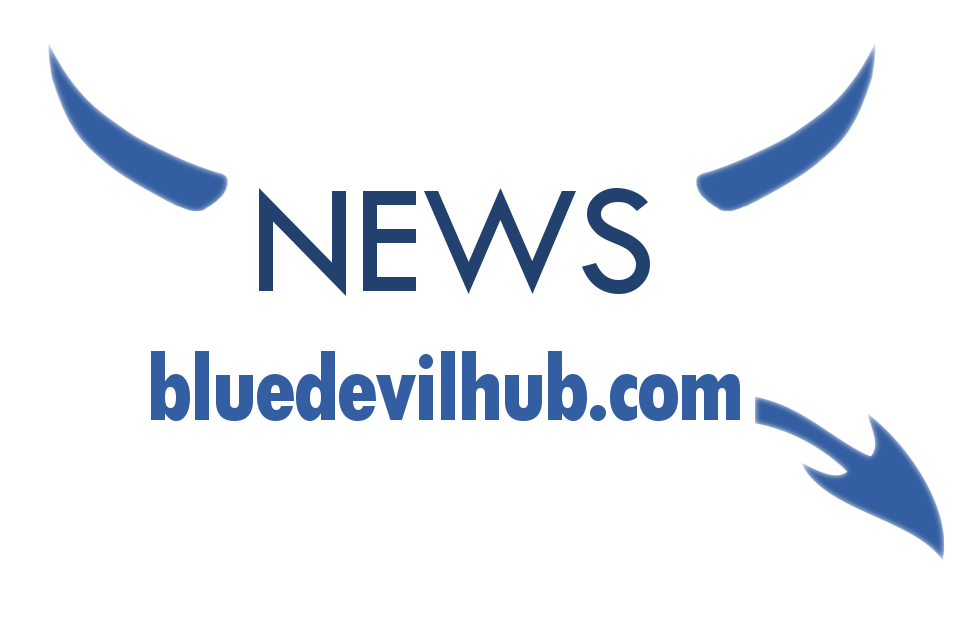Should social media censorship be allowed?
PHOTO: Following the U.S. Capitol riots, Twitter banned former President Donald Trump’s Twitter account. (J. Stilling)
By Clara Ault,
BlueDevilHUB.com Staff –
Donald Trump’s ban from social media following the Jan. 6 attack on the U.S. Capitol by supporters of the former president has sparked controversy across the country. Many people claim this violated the First Amendment’s protection of freedom of speech while others say it’s within the rights of a private company to ban a user for violating its guidelines.
DHS senior Ishan Malik says that Trump’s Twitter was becoming dangerous. “He was spreading lies and inciting violence which are blatantly against Twitter’s [terms of service]. I used to occasionally go onto his account for a laugh but I can’t anymore,” Malik said.
He says that the social media companies were within their rights of banning him, although that doesn’t always make it okay.
“It can be seen as a violation of the first amendments but Twitter can do whatever they want since they are a private business. But I’m not sure if then being able to do it makes it right, as silencing opinions goes against a central idea in our country of free speech,” Malik said.
DHS senior Emily Prussel thinks that these social media companies are overstepping by choosing to ban Trump, but is not surprised that it happened.
“Sadly there is a witch-hunt against persons who are not in line with the agenda of the mainstream media,” Prussel said.
She says that everyone should get equal access to express their opinion, and by refusing to allow someone to do so is in violation of their first amendment rights.
“Taking away someone’s freedom of speech no matter how much you dislike who they are and what they stand for is wrong. Social media companies are not there to decide who can speak and what can be said but to provide a service for all Americans no matter their political party, race, gender or religion,” Prussel said.
Prussel worries about how this ban could have consequences for the average American citizen.
“It may have been Trump that day whose First Amendment rights were violated but it could very well be any one of us next,” Prussel said.
DHS senior Braedan Ingram argues that this ban was justified, although it does place a heavy emphasis on social media companies to be checking misinformation and it’s difficult to regulate.
“Even if Trump as an individual needed some measures to correct the false information he was propagating, relying on social media platforms to make these decisions give these companies power that is hard to check,” Ingram said.
He argues that Trump’s ban was beneficial to the Biden campaign citing the statistic from Zignal Research Labs that election fraud fell 73 percent after Trump’s ban.
“Just in terms of the effects on political information being spread, it’s been evidently positive for the Biden administration. Trump’s Twitter attacks were some of the most politically powerful statements in the world in terms of reach, and without his Twitter, Biden doesn’t have that constant barrage of unsubstantiated attacks,” Ingram said.
Ingram worries about the influence that these companies had, and the relatively small amount of regulation of misinformation on the internet in general.
“Twitter, Facebook, and other such sites have consecrated massive influence with almost no checks by the government,” Ingram said. “Giving social media oligopolies the ability to set the standards for internet discourse is dangerous, and […] breaking up big tech is the necessary remedy for preventing false information on the internet.”




